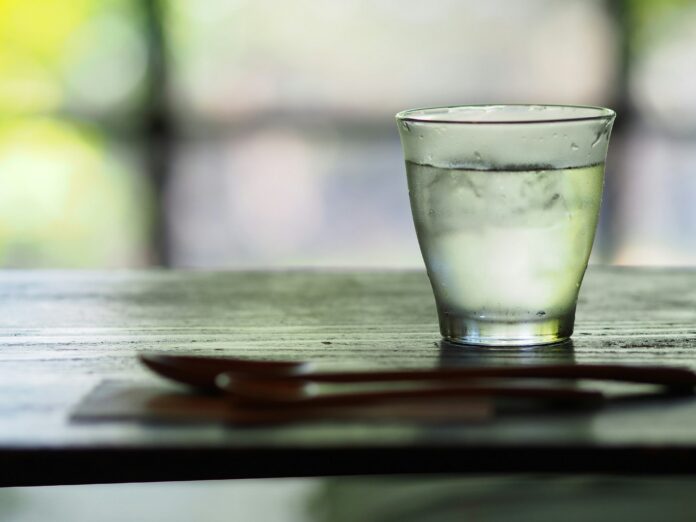New Yorkers know how to complain, and we have good reasons to. Between waiting in subway stations that reach 112° to spending exorbitant portions of our income on rent, it’s always easy to find something to rag on. However, most New Yorkers can take comfort in knowing our tap water is safe to drink.
The New York Department of Environmental Protection (DEP) published the New York City Drinking Water Supply and Quality Report this summer. The report analyzes the samples taken across the water system from 2023. The samples conclude that tap water is still safe for New Yorkers.
Overview of the 2023 Report
New York City’s water supply consists of 19 reservoirs and three lakes that provide water to the city and the surrounding Westchester, Putnam, Orange, and Ulster counties. The system supplies more than one billion gallons of water daily.
DEP analyzes samples from the distribution system yearly to ensure that the water concentration components adhere to government regulations. In 2023, DEP analyzed 31,600 water samples across 1,000 sampling stations, according to government regulations. DEP took an additional 13,200 samples across the updated reservoir watersheds to optimize water quality.
Each sampled contaminant reported levels under the Maximum Contaminant Level (MCL), meaning the water across the system is safe to drink and free of dangerous contaminants.
“Champagne of Tap Water”
Rohit T. Aggarwala, Commissioner of the NYC DEP, declared in his introduction that New York City has some of the best tap water in the world, calling it the “champagne of tap water.”
When we think of contaminated water, our minds often jump to lead. In this year’s report, the average lead detection was not detected, and only one sample contained lead. The report details that this sample’s contamination was likely due to erosion at the test site. Otherwise, the report found that on average, lead was not detected in the water supply.
In addition to lead, water can contain other contaminants like pesticides and herbicides, chemicals, and radioactive materials. Water is still safe to drink if it possesses contaminants, as long as the quantities fall under the government-regulated levels.
Resilient Water System
The Bronx hosts the Croton Water Filtration Plant, one of the area’s two water cleaning centers. This plant resides underground and treats up to 290 million gallons of water daily, meaning the plant has a reserve of water to supply the area in the case of a drought or other climate-related impact. Visitors would have to go underground to find this plant; it sits under the Mosholu Golf Course in Van Cortlandt Park.
Water is a Finite Resource
Even though New York City has some of the country’s best tap water, everyone must do their part to conserve our natural resources and ensure we have enough water to last us for years to come. Our complex water system distributes water to more than 9.8 million people daily!
Tips for Property Owners
Homeowners, landlords, and property managers have several steps they can take to ensure their properties conserve water. Consider the following options:
- Install water-conscious dishwashers, especially in dwellings that will accommodate multiple people. Running the kitchen sink uses two to three gallons of water a minute, while an Energy Star dishwasher uses less than four gallons per load.
- In the bathroom, owners have plenty of options for switching to water-conserving showerheads and toilets.
- When cleaning sidewalks, do not use the hose to spray down an area. Instead, sweep the area clean.
- Remain mindful of watering the lawn and any plants, and try to use water before 9am or after 7pm.
This group can also follow the same steps as renters, detailed below.
Tips for Renters
Renters have fewer options for conserving water than property owners, as they usually do not get the option to choose their appliances. However, there are many daily practices that renters can abide by to help conserve water on an individual scale.
- Renters with dishwashers should limit the amount of water they use to pre-rinse dishes and avoid pre-rinsing when possible. They can also choose an eco setting, which uses less energy and water during the cycle.
- When showering, renters should limit their water consumption and remain mindful that a single minute uses five to seven gallons of water.
- Inform their landlord or super of any leaks as soon as possible.
- Reuse water when possible. For example, after washing rice, you can use the water as fertilizer for your plants, a cleaner for your cast iron, or a hydrating hair treatment.
Get Involved
If you’re passionate about New York City’s water supply and would like to participate in upcoming meetings, visit the NYC Waterboard’s website: https://www.nyc.gov/site/nycwaterboard/index.page


